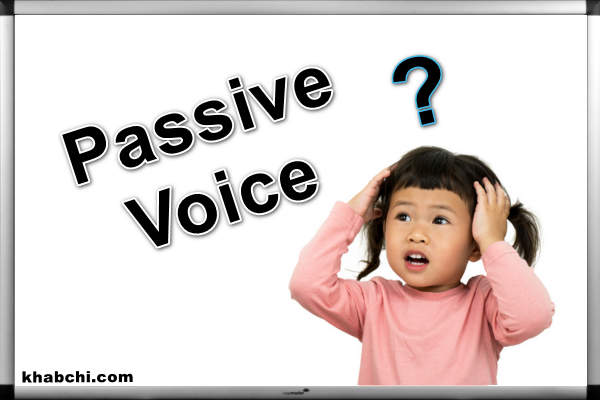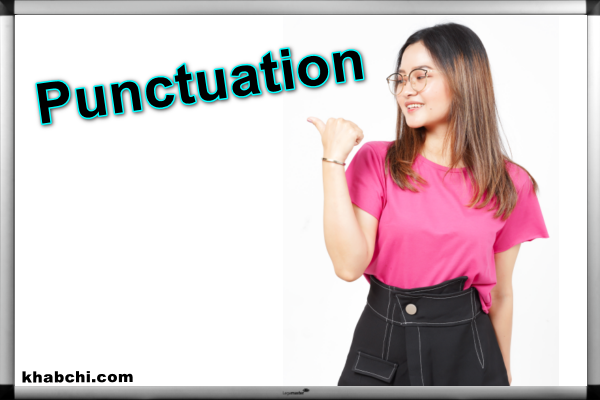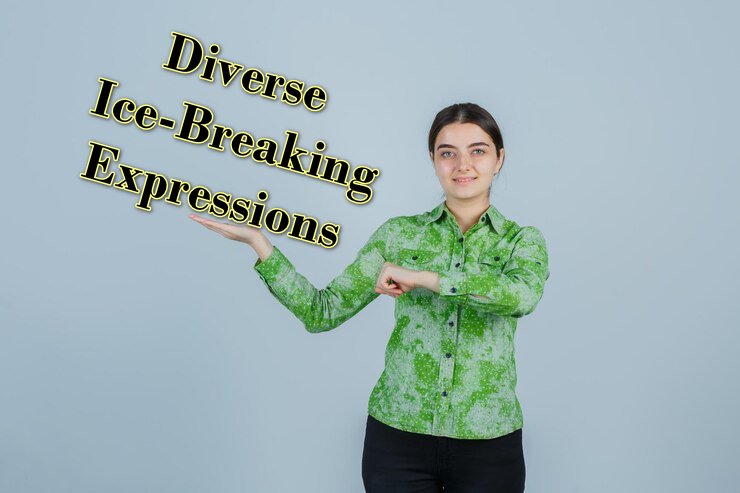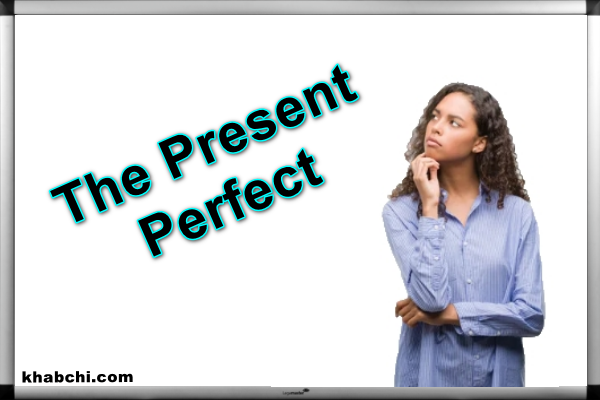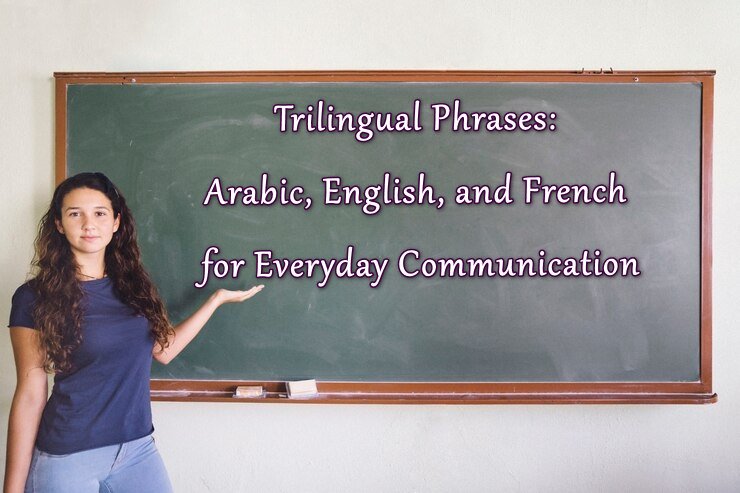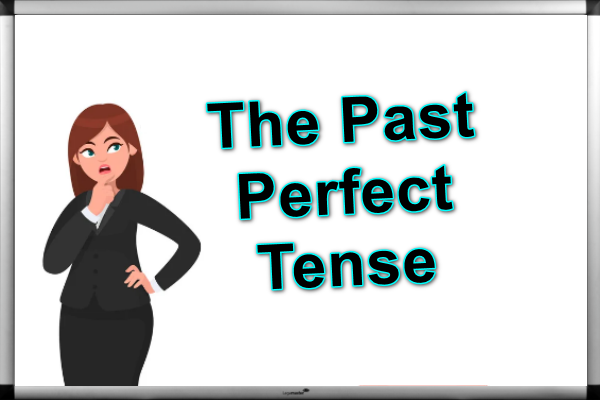
The past perfect tense is a verb tense used to describe an action that was completed before another past action or event. It is often used in conjunction with the simple past tense to establish a clear sequence of events in the past. In this article, we will explore the past perfect tense in more detail and provide additional examples to help illustrate its usage.
The structure of the past perfect tense is relatively simple. It is formed by using the auxiliary verb “had” followed by the past participle of the main verb. For example, “I had eaten breakfast before I went to work.” In this sentence, the past perfect tense is used to indicate that the action of eating breakfast was completed before the action of going to work.
One of the most common uses of the past perfect tense is to establish a clear sequence of events in the past. When using the past perfect tense in this way, the simple past tense is used to describe the later action, while the past perfect tense is used to describe the earlier action. For example:
- Sarah had already left by the time I arrived at the party.
- They had finished dinner before the movie started.
- By the time I woke up, the sun had already risen.
In each of these examples, the past perfect tense is used to describe an action that was completed before another past action. This helps to establish a clear sequence of events and gives the reader or listener a better understanding of what happened and when.
The past perfect tense can also be used to describe a past condition or situation that is no longer true. For example:
- I had been a vegetarian for ten years before I decided to start eating meat again.
- She had been living in New York for six months when she decided to move back to her hometown.
- He had been married for ten years before he got divorced.
In each of these examples, the past perfect tense is used to describe a past condition or situation that is no longer true. This can help to emphasize the change that has occurred and to give the reader or listener a better understanding of the circumstances.
Another common use of the past perfect tense is to describe reported speech in the past. In this case, the past perfect tense is used in the reporting clause to show that the reported action was completed before the time of reporting. For example:
- She said that she had already finished the project.
- He told me that he had seen the movie the night before.
- They said that they had never been to Europe before.
In each of these examples, the past perfect tense is used in the reporting clause (“had already finished”, “had seen”, “had never been”) to indicate that the action had been completed before the time of reporting. This can help to establish a clear sequence of events and to give the reader or listener a better understanding of what was said and when.
It is important to note that the past perfect tense is not used when the order of events is clear from the context or when there is no need to emphasize the sequence of events. In these cases, the simple past tense or another verb tense may be more appropriate. For example:
- I woke up, brushed my teeth, and then had breakfast.
- She lived in New York for six months before deciding to move back to her hometown.
In these examples, the sequence of events is clear without the need for the past perfect tense.
In addition to these uses, the past perfect tense can also be used to describe hypothetical or imaginary situations in the past. This is often done using the conditional tense “would have” in combination with the past participle. For example:
- If I had known you were coming, I would have baked a cake.
- They would have missed the flight if they hadn’t left early.
In addition to these uses, the past perfect tense can also be used to describe hypothetical or imaginary situations in the past. This is often done using the conditional tense “would have” in combination with the past participle. For example:
- If I had known you were coming, I would have baked a cake.
- They would have missed the flight if they hadn’t left early.
- She would have gone to the concert if she had been feeling better.
In each of these examples, the past perfect tense is used to describe a hypothetical or imaginary situation in the past. This can help to express regret, to speculate about what might have happened, or to imagine a different outcome.
It is worth noting that the past perfect tense is a relatively formal tense and is not commonly used in casual conversation. Instead, most native speakers of English will use the simple past tense or other verb tenses to describe past events. However, understanding the past perfect tense is important for formal writing, such as academic papers, business reports, and other professional contexts.
In conclusion, the past perfect tense is a verb tense used to describe an action that was completed before another past action or event. It is often used in conjunction with the simple past tense to establish a clear sequence of events in the past. The past perfect tense can also be used to describe a past condition or situation that is no longer true, to report speech in the past, and to describe hypothetical or imaginary situations in the past. Understanding the past perfect tense is important for formal writing and can help to make your writing more precise and clear.





